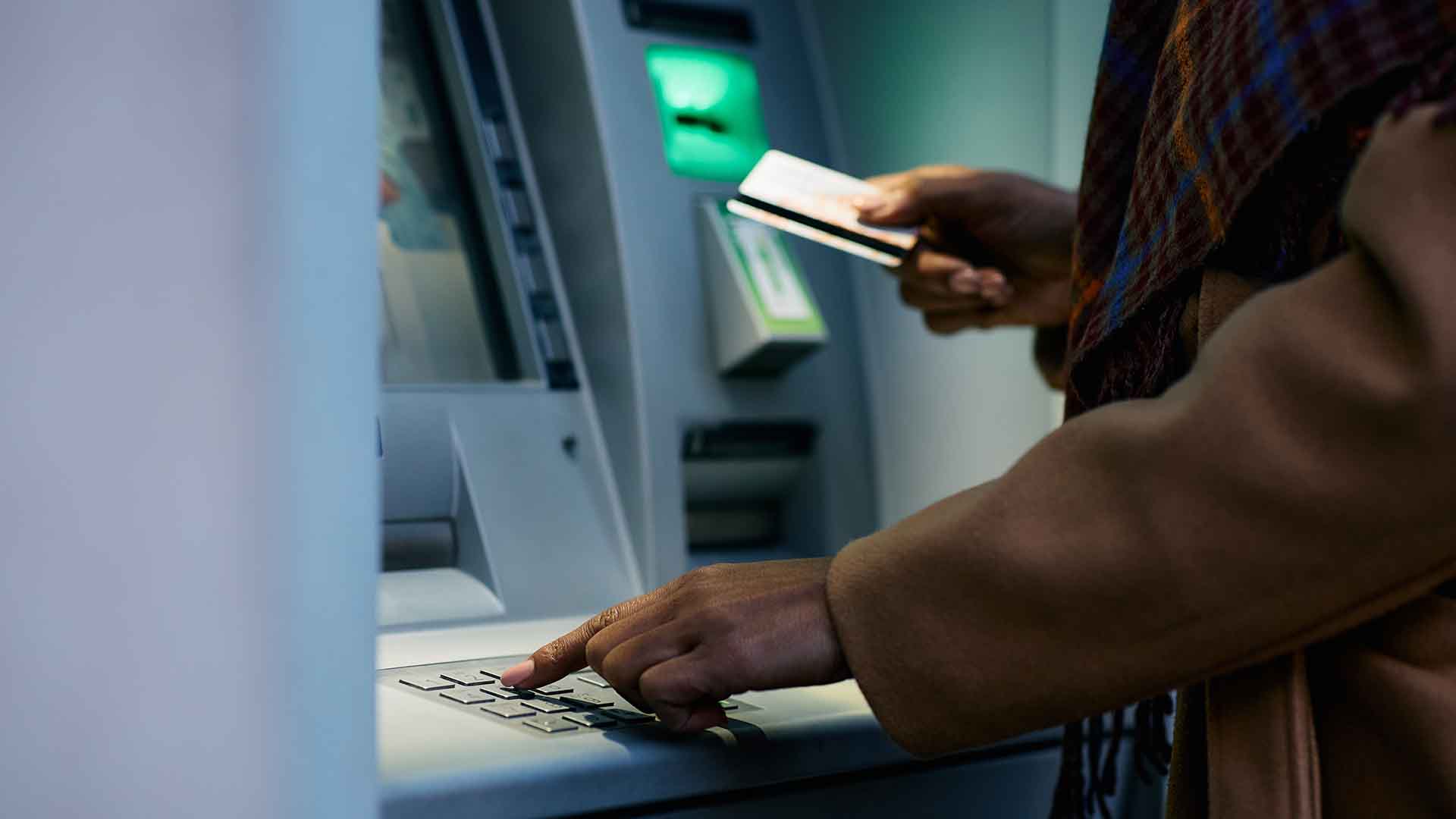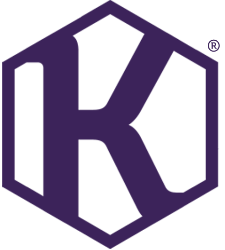Blocked account for students in Germany is a required. Navigating the process of studying in Germany is an exciting journey that comes with its unique set of requirements—a pivotal step for securing a student visa. This financial requirement demonstrates to the German government that international students have enough funds to cover their living expenses for at least one year during their stay. With the blocked account Germany amount subject to periodic updates, staying informed is crucial for prospective students planning their education in Germany. As the blocked account serves as a proof of financial stability, understanding its nuances can significantly streamline the visa application process.
The subsequent sections of this guide will delve into the specifics of what a blocked account is, why it is necessary, and a step-by-fold outline on how to set one up successfully. Students will find detailed explanations on the blocked account Germany amount 2024, the essential requirements and documents needed for the process, and insights into the top providers of blocked accounts. Additionally, practical tips for effectively managing a blocked account will be shared to help students navigate their financial responsibilities with ease. This guide aims to equip students with the knowledge they need to fulfill this crucial requirement, paving the way for a smooth transition to studying in Germany.
What is a Blocked Account for Students?
A blocked account, or “Sperrkonto” in German, is a specialized type of bank account required for international students and job-seekers who wish to secure a visa for studying or working in Germany. This account is essential as it serves as proof of sufficient financial resources to cover the individual’s living expenses for their initial period in the country.
Understanding the Functionality of a Blocked Account for Students
The primary characteristic of a blocked account is that it restricts the account holder’s access to the funds deposited. An initial sum, usually enough to cover the living expenses for a year, is deposited and then locked. The account holder can only withdraw a predefined amount each month, typically one-twelfth of the total deposited amount. This mechanism ensures that the account holder has a steady stream of funds to manage their monthly living costs.
For 2024, students applying for a visa must deposit €11,208 into their blocked account, equating to a monthly withdrawal limit of €934. This amount aligns with the German Federal Foreign Office’s estimates of typical living expenses for a student. However, some cities like Munich or Hamburg, known for their high living costs, might require careful budgeting even with this amount.
Regulatory and Safety Aspects
Blocked accounts are offered by a limited number of financial providers, all of which are regulated by the German Federal Financial Supervisory Authority (BaFin). This regulation ensures that these accounts meet stringent safety standards, although risks can never be entirely eliminated, as evidenced by rare instances of provider failures.
Alternatives to Blocked Accounts for Students
While a blocked account is the most common method for proving financial resources, there are alternatives available for those who may not opt for this route. Each alternative has its own set of requirements and should be considered based on the individual’s circumstances and the specific requirements of their visa type.
This account type is not only a financial tool but also a compliance measure that facilitates the smooth processing of residency and study permissions in Germany. It reassures the German authorities of the applicant’s financial stability without the need for ongoing financial oversight.
Why Do You Need a Blocked Account?
A blocked account, or “Sperrkonto,” is a mandatory requirement for non-EU students and job-seekers aiming to secure a German visa. This special type of bank account is crucial because it serves as proof of financial resources, demonstrating that the individual has sufficient funds to support themselves during their stay in Germany.
Meeting Government and University Requirements
To obtain a German student visa, applicants must meet specific requirements set by both the government and the universities. One of these requirements is proving financial stability, which can be effectively demonstrated through the establishment of a blocked account. This account ensures that students have access to necessary funds to cover their living expenses for at least one year without the need for financial support from the German government.
Proof of Financial Resources
The primary purpose of a blocked account is to show that the visa applicant has enough money to sustain their living expenses while in Germany. For the year 2024, students are required to deposit €11,208 into their blocked account, which allows them a monthly withdrawal of €934. This setup limits the account holder to withdraw only a fraction of the deposited amount each month, ensuring a consistent availability of funds throughout their stay.
Regulatory Compliance and Visa Approval
Blocked accounts are regulated by the German Federal Financial Supervisory Authority (BaFin), ensuring they meet high safety standards. This regulation not only protects the account holder but also reassures German authorities of the applicant’s financial reliability. Opting for a blocked account increases the likelihood of visa approval, as it is recognized universally by German Embassies and Consulates. It is important to note that while there are alternatives to the blocked account, they may not be universally accepted, potentially risking the visa application process.
Simplifying the Visa and Residence Permit Process
For those requiring a visa or residence permit, the blocked account simplifies the application process by providing a clear and accepted method of proving financial resources. It’s particularly vital for those who cannot demonstrate their financial stability through other means. The blocked account is often a prerequisite for obtaining a residence permit, and in some cases, students may need to open a second blocked account to meet local foreign office requirements.
In essence, the blocked account is not just a financial tool but a compliance measure that facilitates the smooth processing of residency and study permissions in Germany. It is a reliable method to fulfill the financial proof requirement, crucial for non-EU students and certain job-seekers who wish to pursue their academic and professional goals in Germany.
How to Open a Blocked Account for Students
Opening a blocked account in Germany is a critical step for international students and job-seekers needing to prove financial stability. The process is straightforward and mainly conducted online, ensuring efficiency and compliance with German regulations.
Choosing a Provider
When selecting a provider for a blocked account, it is essential to choose one that is regulated by the German Federal Financial Supervisory Authority (BaFin). Providers like Expatrio are popular choices due to their reliability and quick service. They often offer various plans, but even at the most basic level, there are fees involved which should be considered. It is crucial to conduct thorough research, not just relying on the provider’s website, but also seeking reviews and experiences from other users.
Opening the Account Online or Offline
- Apply Online: The majority of blocked account providers offer an online application process. With providers such as Expatrio, applicants can register using just their passport, and the account opening confirmation is typically received within 24 hours.
- Documentation and Verification: During the online application, you will need to upload necessary documents, typically your passport and admission letter from a German university. The verification of these documents is usually swift, ensuring a quick setup of your account.
- Receive Confirmation: Once your application is approved and your documents are verified, you will receive a confirmation that your blocked account has been successfully set up.
Depositing Funds
The crucial step in activating your blocked account is depositing the required funds. For the year 2024, the amount required is €11,208, calculated based on the monthly living cost of €934. This deposit can be made through:
- International Bank Transfer: You can transfer the funds directly from your home bank to the German blocked account.
- Special Money Transfer Services: Some providers may have partnerships with specific money transfer services, offering possibly lower fees and faster transfer times.
Once the deposit is made, you will receive a blocking confirmation, detailing the deposited amount and the monthly withdrawal limits. This confirmation is vital for your visa application process.
It’s recommended to initiate the opening of a blocked account as soon as you receive your admission letter from a German university. This timing not only ensures compliance with visa application deadlines but also provides peace of mind as you prepare for your move to Germany.
Requirements and Documents Needed
Opening a blocked account in Germany requires several key documents and adherence to specific requirements. These are essential for proving your financial stability and compliance with German visa regulations. Below, we detail the necessary documents and requirements categorized under three main headings: Passport and ID, Proof of Admission, and Proof of Financial Means.
Passport and ID
To initiate the opening of a blocked account, the primary document required is a valid passport. The passport serves as a crucial form of identification and must be current and valid for the duration of your stay in Germany. Additionally, some banks may request further identification documents, so it is advisable to have secondary forms of ID ready.
Proof of Admission
Another critical document is the Proof of Admission from a recognized educational institution in Germany. This document confirms your enrollment and is a mandatory requirement by most blocked account providers. The admission letter should clearly state the course of study, the duration of the course, and the institution’s contact information.
Proof of Financial Means
The Proof of Financial Means is essential for demonstrating that you have sufficient funds to support your stay in Germany. This can be shown in several ways:
- Blocked Account: Depositing the required amount into a blocked account is the most straightforward method. For 2024, the mandatory deposit amount is €11,208, which corresponds to the estimated monthly living cost of €934.
- Parental Income and Financial Assets: If your parents are sponsoring your studies, documents certifying their income and financial assets can be used.
- Scholarship Award Notification: If you have been awarded a scholarship, the award notification can serve as proof of financial means.
- Bank Guarantee: A bank guarantee from a recognized financial institution can also be acceptable.
- Guarantee from a Permanent Resident in Germany: Known as a “Verpflichtungserklärung,” this guarantee is a formal declaration by a resident in Germany to cover your expenses.
Each of these documents must be presented in their original form or as officially certified copies. It is crucial to check with the German embassy or consulate in your home country for specific requirements and accepted forms of financial proof.
Providers of Blocked Accounts
When considering opening a blocked account in Germany, prospective students and job-seekers have a variety of providers to choose from. These providers differ in terms of the services they offer, the fees they charge, and their compliance with German regulatory standards. Below, we explore the major banks and digital providers offering blocked accounts, as well as a comparison of their fees and services.
Major Banks Offering Blocked Accounts
Several banks offer blocked account services, each providing German deposit protection which is crucial for ensuring the safety of the funds. Among them, Fintiba stands out due to its direct connection with Sutor Bank, a German partner bank. This setup not only ensures compliance with the General Administrative Regulation on the Residence Act but also offers robust deposit protection under German law. Similarly, other banks like ICICI, associated with a British bank, and Care Concept, tied to a Vietnamese bank, offer blocked accounts with German deposit protection, ensuring a high level of security for account holders.
Digital Providers
The landscape of digital providers for blocked accounts includes several notable companies that specialize in offering streamlined and user-friendly services. Fintiba, established in 2017, was the first to digitize the blocked account process, offering a fully digital experience from account opening to closure. They provide a mobile app with step-by-step guidance and multilingual customer support, making the process accessible for international students. Expatrio and Coracle are other digital platforms providing similar services, with each having its unique offerings in terms of additional benefits like health insurance and travel insurance.
Comparison of Fees and Services
When selecting a provider, it’s crucial to consider both the fees involved and the services offered. Fintiba, for instance, charges a setup fee and a monthly fee but compensates with additional services like integrated health insurance and access to accommodation options. Expatrio offers a low setup fee but includes a monthly service fee, and Coracle provides economical options with no monthly fees under certain conditions.
Each provider has its strengths and areas of specialization, so individuals should carefully evaluate their options based on their specific needs and circumstances. It is recommended not to rely solely on the provider’s website but to seek out reviews and experiences from other users to make an informed decision.
Tips for Managing Your Blocked Account
To effectively manage your blocked account in Germany, it is crucial to understand the operational mechanics and adhere to the regulatory requirements. Here are some practical tips categorized under monitoring your account, managing monthly withdrawals, and keeping track of your finances.
Monitoring Your Account
Regularly checking the status of your blocked account is essential. Ensure that your account is activated by opening a current account in Germany, for which you’ll need a Registration Certificate and proof of residence. Once your blocked account is set up, monitor it to ensure that funds are sufficient and meet the minimum required balance. If you encounter any delays or issues with the account, contact your bank promptly or seek assistance from your university’s international student office.
Monthly Withdrawals
Understanding the withdrawal limits is key to managing your finances effectively. You cannot withdraw money directly from the blocked account; instead, the funds are transferred monthly to your current account. The standard monthly withdrawal amount is €934, but this could vary if you deposited more than the required minimum. Always check the specific terms with your blocked account provider. If you need to adjust your withdrawal limits or encounter any transaction issues, it’s advisable to communicate directly with your bank to resolve these matters efficiently.
Keeping Track of Your Finances
Keeping a detailed record of your financial transactions is vital for budgeting and future planning. Track both the inflow from your blocked account and your spending from the current account. Consider using budgeting tools or apps to help manage your expenses effectively. Remember, the blocked account is typically required for the first year of your stay; plan accordingly if you need to extend your stay in Germany. Options such as scholarships, part-time jobs, or parental support can be considered as alternatives to extending the blocked account for financial proof in subsequent years.
By adhering to these guidelines, students can manage their blocked accounts efficiently, ensuring a smooth financial experience while studying in Germany.
Conclusion
Through this comprehensive guide, readers have navigated the intricate details of setting up a blocked account in Germany, an indispensable step for international students and job-seekers looking to fulfill the financial requisites of their visa applications. We’ve underscored the importance of the blocked account as a demonstration of financial stability, elucidated the process of setting one up, and underscored the regulatory safety nets in place to ensure the security of your funds. By summarizing these critical points, we aim to reinforce the understanding that though the process may seem daunting at first, with the right information and preparation, it can be navigated successfully.
The broader implications of opening a blocked account extend beyond merely fulfilling a visa requirement; they lay the groundwork for a stable and focused academic or professional pursuit in Germany. By adhering to the guidelines provided, prospective students and job-seekers can embark on this significant journey with confidence, knowing they have taken the necessary steps to ensure their financial readiness. As this guide concludes, remember that the journey to studying or working in Germany is one that, while filled with bureaucratic steps, opens up a wealth of opportunity and growth.
FAQs
- How do I set up a blocked account in Germany for a student visa?
To set up a blocked account for your student visa, first consult your local German embassy or consulate to find out the specific requirements and the amount you need to deposit. Then, select a provider to open the account with. Many providers offer online applications for opening a blocked account. - What is the minimum deposit required for a blocked account in Germany?
As of January 2024, you need to deposit a minimum of €11,208 per year, which breaks down to about €934 per month, into your blocked account. This amount reflects the estimated annual living expenses for students in Germany, according to the BAföG rate. - Which provider is recommended for opening a blocked account in Germany?
Fintiba is highly recommended as it is the market leader and has shown to perform best in comparisons. It is the only provider that offers a blocked account at a German bank covered by German deposit protection. - What is the process for transferring money into a blocked account in Germany?
To transfer money into your blocked account, follow the specific instructions provided by your chosen blocked account provider. This typically involves international bank transfers or other approved payment methods.









